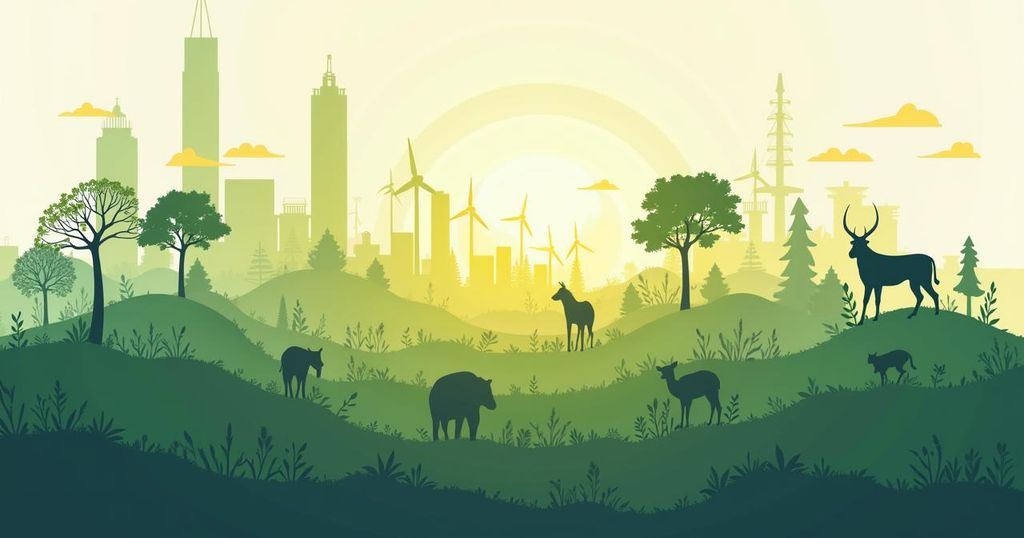Confronting Climate Change and Biodiversity Loss: The Urgency for Systemic Change

The climate and biodiversity crises continue to escalate despite known solutions. Coal and oil dominate energy production, while efforts to protect natural areas are hampered by profitable resource exploitation. Technological innovations and reduced energy consumption are vital, yet current economic systems incentivize environmental degradation. Six of nine planetary boundaries have been breached, prompting urgent calls for systemic change to preserve ecological stability and promote sustainability.
The climate and biodiversity crises are escalating despite the availability of well-known solutions. For decades, the scientific community has identified the issues at hand, yet efforts to address them remain insufficient. As of 2023, fossil fuels, particularly coal, continue to dominate electricity generation. Notably, while nations have recognized the necessity of conserving natural areas to mitigate climate impacts, economic motivations often prioritize the exploitation of these resources over conservation efforts. Technological advancements play a pivotal role in climate solutions, with renewable energy technologies witnessing significant improvements and cost reductions. Nonetheless, the pursuit of energy efficiency is urgent, especially in industrialized nations where energy consumption levels are excessively high compared to developing nations. The current economic model, which values profit and growth above ecological stability, contributes to unsustainable consumption patterns. This system is complicit in the degradation of essential planetary boundaries that, if crossed, could trigger irreversible environmental damage. At present, humanity has exceeded six of these boundaries, with ocean acidification nearing critical levels. Transformative changes are paramount to prevent further deterioration of our ecological systems. By harnessing innovative solutions and reconsidering economic paradigms, society can strive towards a sustainable future that protects both our climate and biodiversity.
The rising concerns surrounding climate change and biodiversity loss have prompted a global reckoning with environmental issues. Governments and organizations have recognized the urgent need for reforms, culminating in international agreements, such as the 30X30 initiative, aimed at halting and reversing nature loss. Despite advancements in technology and a wealth of scientific knowledge about sustainable practices, significant obstacles remain, primarily driven by economic incentives that favor fossil fuel extraction and land development. The depletion of our planet’s natural resources threatens ecological stability, underscoring the necessity for systemic change.
In summary, while numerous solutions exist to address the climate and biodiversity crises, profound changes in our economic and social systems are essential for effectiveness. The ongoing reliance on fossil fuels and unsustainable consumption practices erodes the progress we seek. By leveraging existing technological advances and committing to conservation efforts, society can cultivate a sustainable future, ultimately safeguarding the planet’s critical ecosystems for generations to come.
Original Source: davidsuzuki.org








